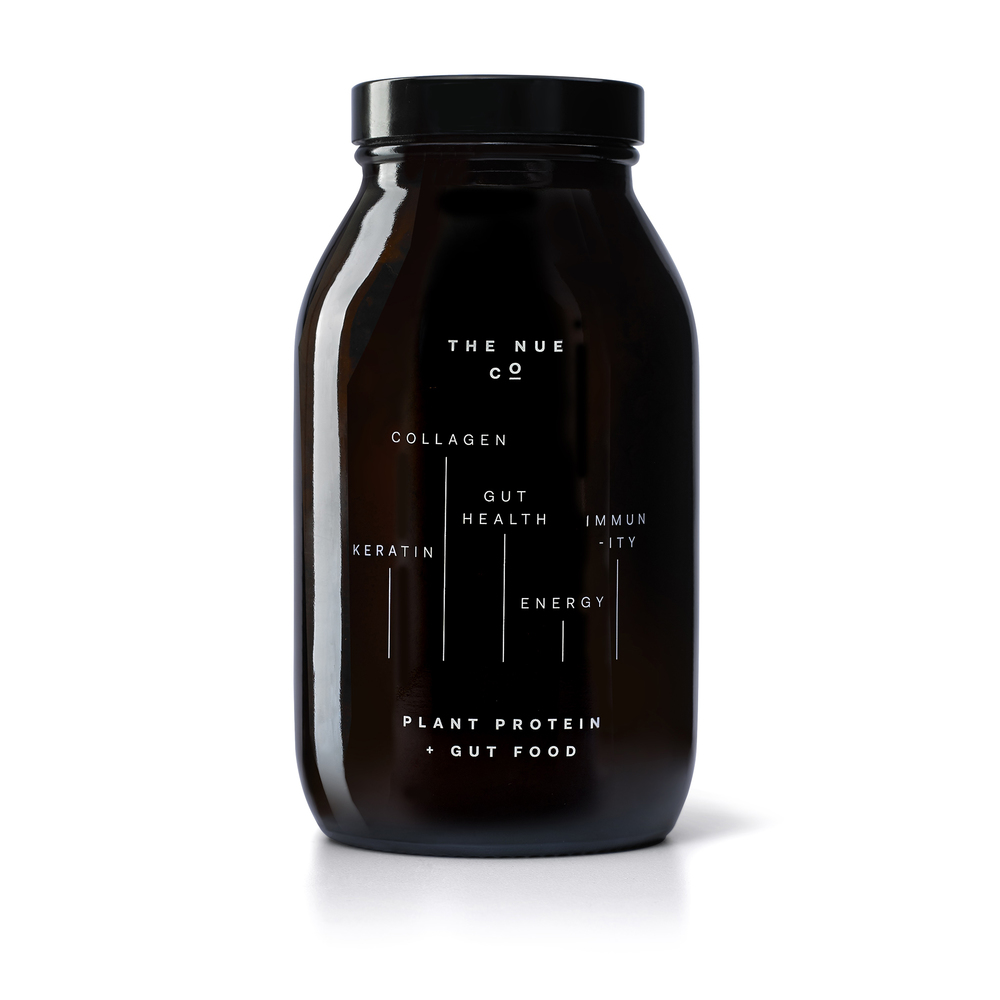
A new age of nutritional supplements is upon us. And the homely bottles of vitamins at your chain grocery store have no role to play in it. Understandably, many women are increasingly interested in supplementing with boutique formulas, beauty powders, adaptogens, and glamorously packaged herbs.
In some respects, this trend comes from a larger, mostly positive movement: a focus on cultivating health, natural beauty, and wellness internally, a goal undergirded by the realization that lifestyle and vitality are dependent on one another. For many, this means cleaning up our diets and eschewing processed foods for the likes of quinoa and kale, approaching fitness with more holistic intentions, and generally being more mindful of what we put into and on our bodies. When it comes to supplements, consumers are now more attracted to products that boast purity, naturalness, and efficacy—as they should be.
The potential problematic implications of this trend are manifold, however. For starters, the vast majority of these supplements cost a pretty penny, which isn’t an issue in itself as high quality, well-researched and carefully sourced ingredients probably shouldn’t be dirt cheap—but the sheer overload of supplements one must have could pressure some to spend hundreds on supplements a month. I’ll admit that when goop pushes a new supplement—whether that’s something you stir into your drinks or pop like a regular pill—I feel a sense of FOMO (fear of missing out). We are in an era when the latest adaptogenic protein powder has the luster of a cult-favorite lipstick, and it’s enough to make you (and your medicine cabinet) feel seriously lacking.

Have you ever seen a chicer bottle of supplements?
Furthermore, supplements do have the potential to be very potent. It’s why we take them, after all. We could be treading risky waters, however, when we consume something quite casually that was reserved for strictly medicinal use by the medical traditions that came long before new-age wellness. Take activated charcoal, for example. It’s used in emergency rooms to prevent overdoses. Regularly consuming charcoal as a supplement, however, may lead to constipation and dehydration (and meanwhile, the charcoal may inhibit your other supplements or medications).
The flip side of that coin is those supplements (and there are probably several) that may not do much at all. Certain supplements may not provide nutrients in their most bioavailable form, and many supplements lack rigorous testing.
It’s enough to make your head spin. As someone who has relied on supplements for years, however, I’d be the last person to say we should avoid them entirely. In addition to consulting your doctor or a nutritionist, consider these common-sense tips for navigated this era of shiny supplements.
How to Choose the Best Supplements for Yourself
Address dietary gaps first. (And treat supplements as supplements—not food.) Make sure you’re eating a balanced diet. The best place to start is making sure you’re getting a variety of fruits and vegetables. If you regularly eat every color of the rainbow—red berries, purples cabbage, dark leafy greens, orange carrots, etc.—you’ve already got a great start on covering your nutritional bases.
Don’t take something just because it’s trendy. Do your research. I see cool looking supplements crop up on my Instagram all the time, but I’m careful to not jump at every pretty bottle and enticing claim (all of which are unregulated by the FDA, by the way). If something really interests me, I do as much research as possible (like I did with skin super supplement Pycnogenol). Are there any peer-reviewed articles about the active ingredient? Better yet, is the ingredient the subject of a meta-analysis (an analysis of several studies about the same topic)? Do the benefits outweigh the potential risks?
Give something time to work before jumping ship. It often takes several weeks or even months for a supplement to make a noticeable difference. I took Estroblock for years—it allowed me to stop taking medication for my acne—and I’m glad I gave it plenty of time to work. After two months of being patient, my skin looked immensely better.
Make sure you’re not double up on things you only need in moderation. There are some nutrients that are essential to our health—but can be toxic to us if taken in excess. Zinc and iron are just a few examples of nutrients to watch out for.
Start with one thing at a time. After experiencing a few off days, it’s tempting to stock up on a beautifying powder you can add to your hemp latte—and maybe some probiotics and collagen boosters while you’re at it. To truly know if a supplement is having the desired impact, however, it’s wise to introduce one thing at a time and allow time for results.
Consider packaging and sourcing. Does the supplement come in single-use packets? (These add up quickly in the trash.) Is the packaging recyclable? Are the ingredients sustainably sourced? These are important questions to ask of everything you take–not only can the answers help you avoid sub-par ingredients, they can also help minimize your environmental impact.
Do you take supplements? Which ones have been effective for you?
Related: Ageless Goddess Alicia Silverstone Proves Vegan Collagen Supplements *Do* Work
Nix Inflammation & Protect Your Vitality With These 6 Healing Foods & Supplements
Need A Mental Boost? Take These Supplements And Say, Buh-Bye, Brain Fog!
Get more like this—Subscribe to our daily inspirational newsletter for exclusive content!
__
Photo: Nik MacMillan on Unsplash, goop




